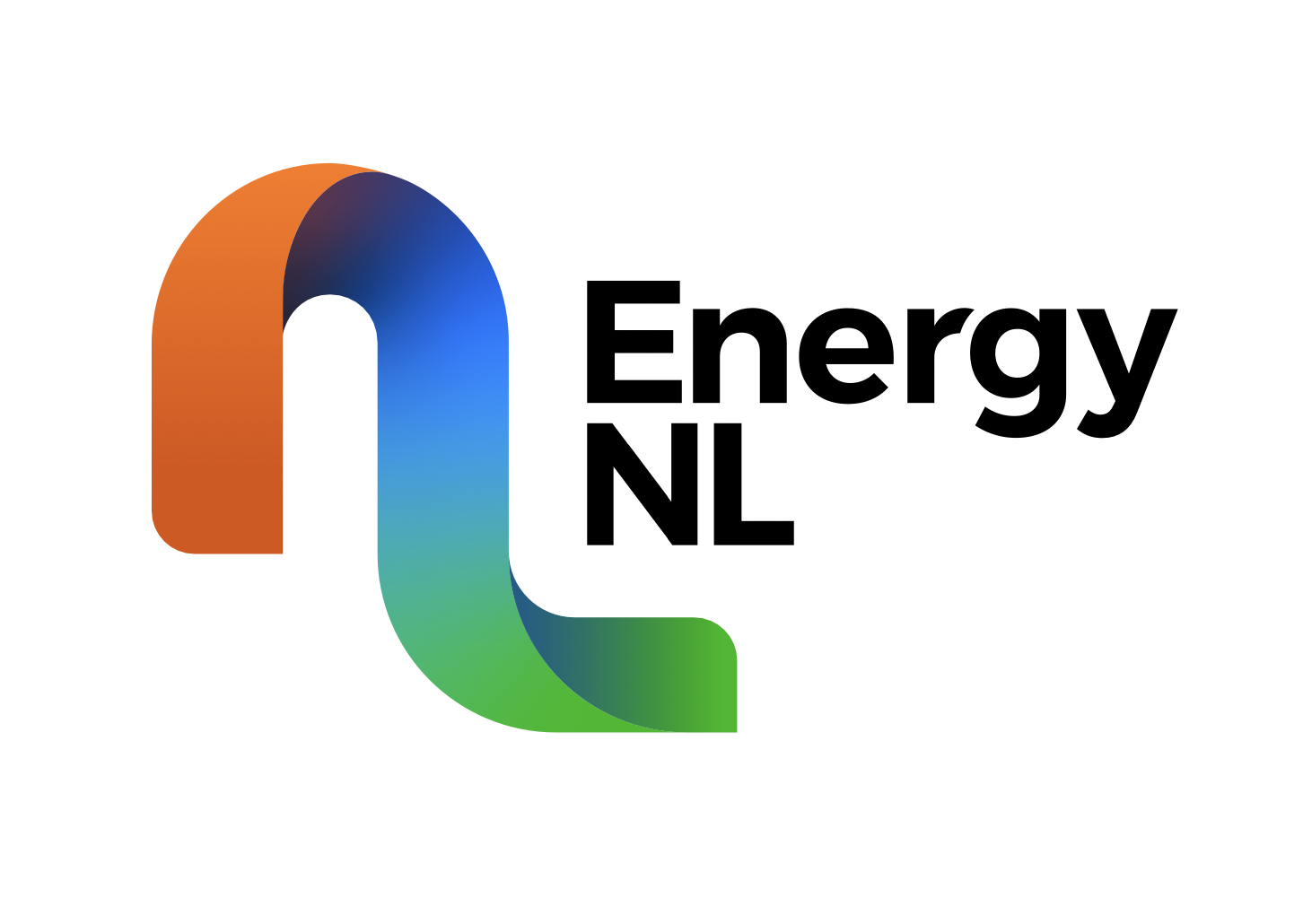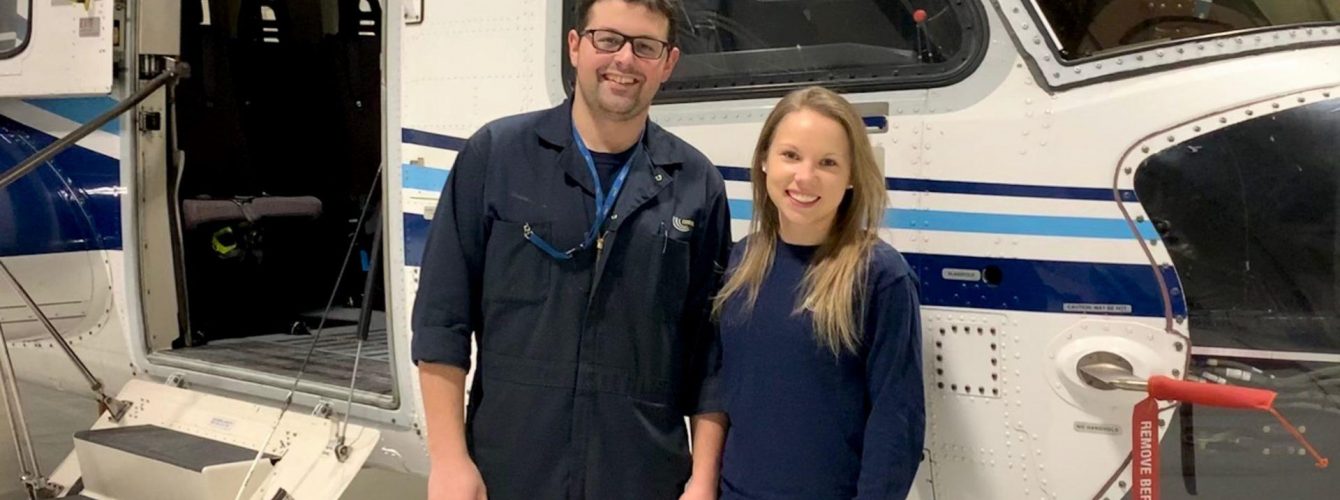Newfoundland and Labrador seeking support for pillar of province’s economy
As a girl in the small town of Lewisporte on the shores of the Atlantic Ocean, Sacha Gale often struggled with the question of what she wanted to be when she grew up.
Unlike her younger brother and sister who were passionate about music and were both drawn to Newfoundland’s vibrant art scene, Gale was more comfortable with numbers and was interested in subjects like math, physics and engineering.
Fascinated by flying, she joined the local air cadets where she started learning the basics of aircraft mechanics. This led to her decision to enroll in the aircraft maintenance program at College of the North Atlantic in Gander after finishing high school.
Like many young people in her community, Gale expected that she would have to leave the beloved island she had always called home to pursue her career.
But as luck would have it, she ended up entering the workforce as offshore oil and gas activity on Canada’s East Coast was steadily ramping up. She landed a job out of college as an avionics maintenance engineer with Cougar Helicopters, a St. John’s-based company that provides flight service for the oil platforms off the coast of Newfoundland and Labrador and Nova Scotia.
Eight years later, Cougar has nearly doubled its fleet and Gale was recently promoted to supervisor. She is proud to say that her job has allowed her to realize many of her personal goals as well, including buying her first house, which she now shares with her fiancé who is a helicopter mechanic she met at Cougar.
“When I was going through my program at college, I fully anticipated that I was going to have to move away to find work,” she recalls. “Luckily Cougar was growing quickly and hiring people because it was so busy in the oil and gas industry. Oil and gas has provided awesome opportunities for young people like me to stay at home and have good jobs.”
The offshore oil and gas industry is critical to Newfoundland and Labrador’s economy – accounting for nearly 30 per cent of the province’s gross domestic product and an estimated 10 per cent of all employment, according to a 2019 study by the provincial Department of Finance. As of the end of March, more than 6,000 people were directly employed by offshore oil and gas projects, and another 600 companies such as Cougar Helicopters are involved in supporting the industry in Newfoundland and Labrador.
Atlantic Canada produces more than 233,000 barrels of oil per day, about five per cent of Canada’s total production. Like the broader Canadian energy industry, the offshore sector has seen a significant downturn as a result of the COVID-19 pandemic. Many projects have been cancelled or put on hold, potentially costing the province billions of dollars in lost economic activity in the years ahead.
“Our offshore industry has proven to be a foundational component of our province’s economy and our future.” Premier Dwight Ball said in a May 26 news conference that called for greater federal government support for the industry.
“It is not realistic to think that 30 per cent of our GDP can be replaced quickly or overnight. And when investment leaves our province, it takes our young families and our experienced, skilled workforce with it.”
The Newfoundland Offshore Industry Association (NOIA), which represents 130 companies that provide a wide range of products and services for the offshore industry, estimates that 70 per cent of its members have laid off employees, and more are expected. According to Statistics Canada, for every direct job created in oil and gas, three indirect and two induced jobs are created in other sectors like transportation and accommodation.
Nobody knows this better than Andy Hennebury and his wife Darlene, owners of the Killick Inn & Suites in Arnold’s Cove, about 150 kilometres west of St. John’s. After successful careers in the civil service, the couple decided to pursue their dream of starting their own business and raising their son in rural Newfoundland. Five years ago, they built the 12-room inn and moved to the picturesque fishing village, confident that they could grow the business by catering to the constant traffic of energy industry workers in the area thanks to the offshore, as well as the nearby Come-by-Chance refinery.
“We were seeing lots of growth and we really thought that this year was going to be our best year, but now it’s almost like we are starting over,” Hennebury says. “We’re still optimistic that we can get through the pandemic, but we really need the oil and gas sector to make this a viable business.”
Hennebury, who is also president of the local chamber of commerce, said he had to lay off all five of the inn’s employees after most of the reservations were cancelled, adding that many of the inn’s clientele are Alberta energy workers travelling on business to the nearby industrial operations.
“Like a lot of Newfoundlanders, I am a tree-hugger in many ways but I recognize the value of oil and gas,” Hennebury says. “Right here in Arnold’s Cove, we are seeing several generations in a family living together because the oil industry provides opportunities for kids to come back here after university. It has really helped to build this community.”
—
Source: Canadian Energy Centre | This text was excerpted from the media outlet cited on July 31, 2020 and is provided to Noia members for information purposes only. Any opinion expressed therein is neither attributable to nor endorsed by Noia.






